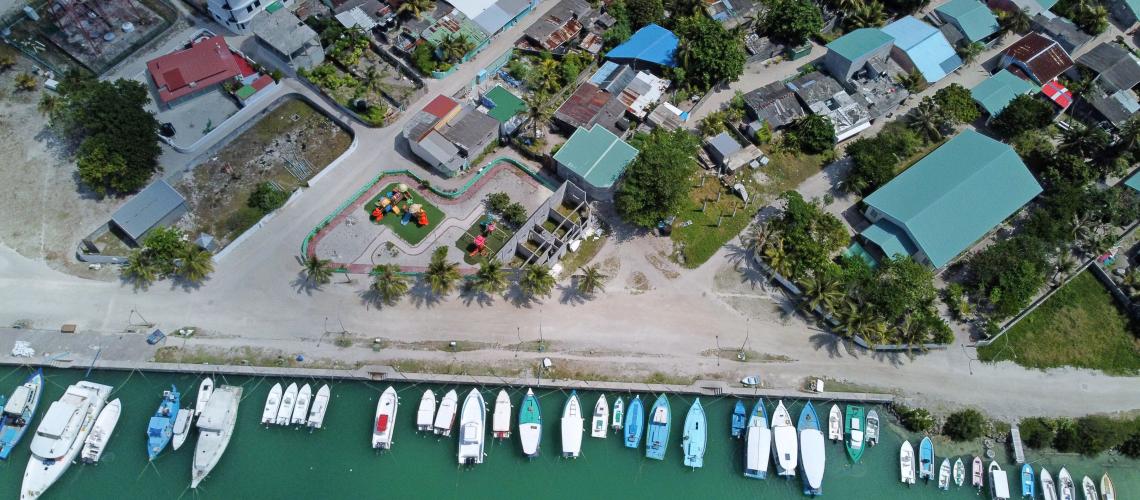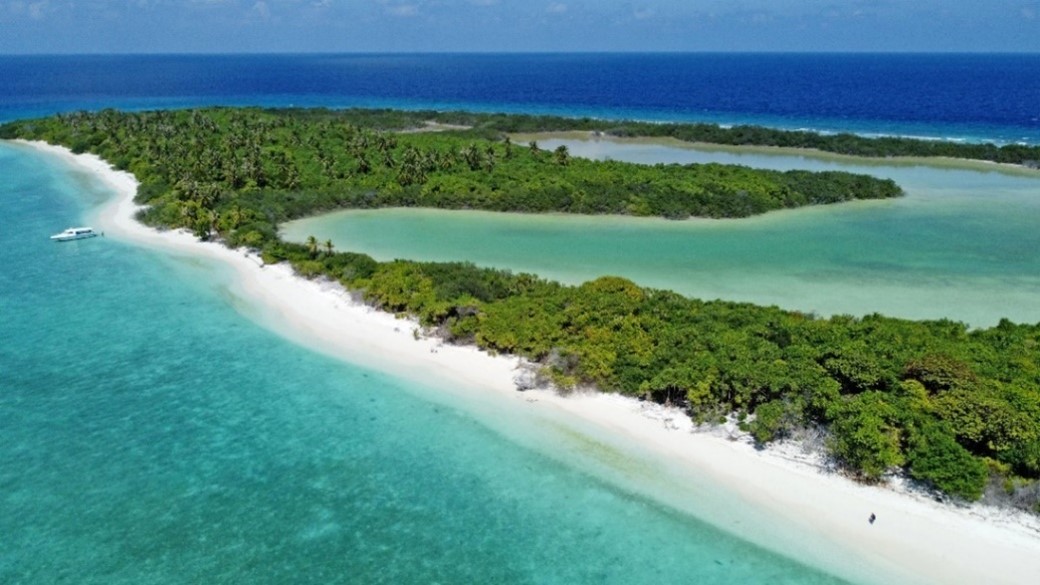
Today, on 13th October 2022, the CADRI Partnership celebrates the International Day for Disaster Risk Reduction which focuses on increasing access to multi-hazard early warning systems and disaster risk information.
Climate and disaster risk are intrinsically linked in the Maldives, one of the lowest lying countries in the world. Faced with rising sea levels, part of this country could become uninhabitable as storms and coastal floods that damage infrastructure, disrupting services and economic activities, and contaminate freshwater become more frequent.
The Maldives Meteorological Service issues regular alerts for heavy rain, flooding, rough seas and strong winds. Most of the islands report floods annually. The cumulative impact of small-scale disasters takes a toll on communities’ well-being and public budgets. It affects people's rights, including the right to housing, safe water and livelihoods.
More than half of the housing is within 100 meters from the coastline. Fishing communities are affected by recurring losses due to extreme weather events while fish stocks are threatened by the increasing acidity and warming of the ocean. The harder to reach islands are the most vulnerable due to their limited access to social services. Women, who have less earnings, and foreign workers employed in sectors such as hospitality and construction, who are less protected, are amongst the most vulnerable to disaster and climate change impact.
The Maldives has been a testing ground for grey and green infrastructure solutions to protect people and eco-systems on small island states. The restoration of coral reefs and mangroves, that act as natural buffers against disasters, increases the protection against coastal flooding.
The National Disaster Management Authority of the Maldives has called upon the UN System to facilitate a review of progress made in building stronger country systems to manage disaster and climate risks in an integrated manner.
This week the CADRI Partnership mobilized a multidisciplinary team of experts from IOM, UNDP, UNDRR, OCHA/UNDAC, UNESCAP, UNICEF, WHO, the Red Crescent Society and the Asian Pacific Centre for the Development of Disaster Information Management to facilitate a diagnosis of country systems.
NDMA's Chief Executive Mr. Hisan Hassan emphasized that “the capacity diagnosis covering 8 socio-economic sectors including tourism, fisheries, environment, infrastructure, health, water and sanitation, social protection and human mobility will inform an integrated disaster risk reduction and climate change adaptation plan”.
Risk information and its application to early warning will be discussed with the Ministry of Environment, Climate Change and Technology, Local Government Authority, Ministry of National Planning, Housing and Infrastructure, Maldives Meteorological Service, and a range of private sector and civil society stakeholders.
“To build efficient early warning systems we need to break the silos between climate and disaster risk information. People-centered early warning, and improved understanding of risks and impact from climate and disasters can trigger anticipatory action to minimize the harm to people, assets and livelihoods”, Sophie Baranes CADRI Partnership Coordinator.
The urgency to achieve Target G of the Sendai Framework “substantially increase the availability of and access to multi-hazard early warning systems and disaster risk information and assessments to people by 2030” was emphasized in March 2022 by the announcement made by the UN Secretary-General that “the United Nations will spearhead new action to ensure every person on Earth is protected by early warning systems within five years.”

